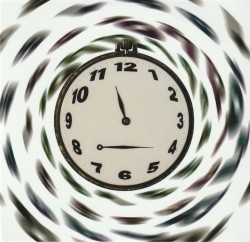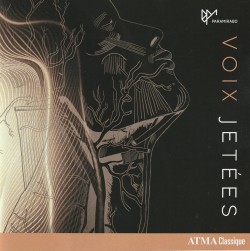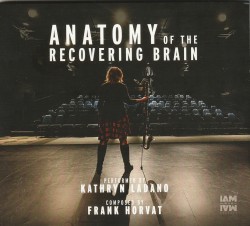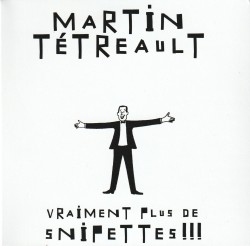Berio: Intégrale des quatuors à cordes | Complete String Quartets - Quatuor Molinari
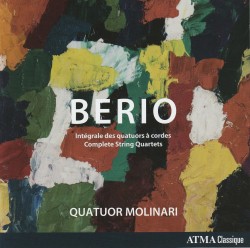 Berio: Intégrale des quatuors à cordes | Complete String Quartets
Berio: Intégrale des quatuors à cordes | Complete String Quartets
Quatuor Molinari
ATMA Classique ACD2 2848 (atmaclassique.com/en/product/berio-complete-string-quartets)
Serial winners of awards often tend to give something back. Quite often that means donating money to a deserving cause and – to all intents and purposes – being done with it, and that’s not nothing.
In the case of the much-celebrated Quatuor Molinari, giving something back is a continuation of their collective lives, of the philosophy that has governed every day since 1997 when they first dedicated those very lives to breaking musical ground in “devoting themselves to string quartets of the 20th and 21st centuries.” This endeavour continues with Intégrale des quatuors à cordes, (The Complete String Quartets) of Luciano Berio (1925-2003).
From the (complete quartets) of R. Murray Schafer, the repertory work of Bartók, Berg and Britten, Gubaidulina and Ligeti, Penderecki, Schoenberg and Webern this quartet – so named after the legendary Canadian painter Guido Molinari – has lit a crackling flame for the avant-garde. Their Kurtág cycle which won them the Ecko Klassik Award (now Opus Klassik) in 2017 is one of many prestigious international awards to adorn their proverbial mantlepiece,
Sparks fly when Quatuor Molinari – Olga Ranzenhofer (first violin and artistic director), Antoine Bareil (violin), Frédéric Lambert (viola) and Pierre-Alain Bouvrette (cello) – take to the stage, challenged by Berio. His work would push musicians with even the most sublime technical skill to the limits, with his love of the theatrical, fascination with the voice, and his constant willingness to engage with art of the past –Monteverdi and Dante – and the present – jazz and electronic music. His unique “future-past” musical sojourns certainly define these seemingly omnivorous works.
The expressive breadth of Berio’s music is beautifully captured in these sumptuous performances. The dazzling semantic and musical labyrinths concocted by each work demand pyrotechnical skill from the Molinari. The miraculously lucid performance of Notturno is the highlight of this fascinating disc.


